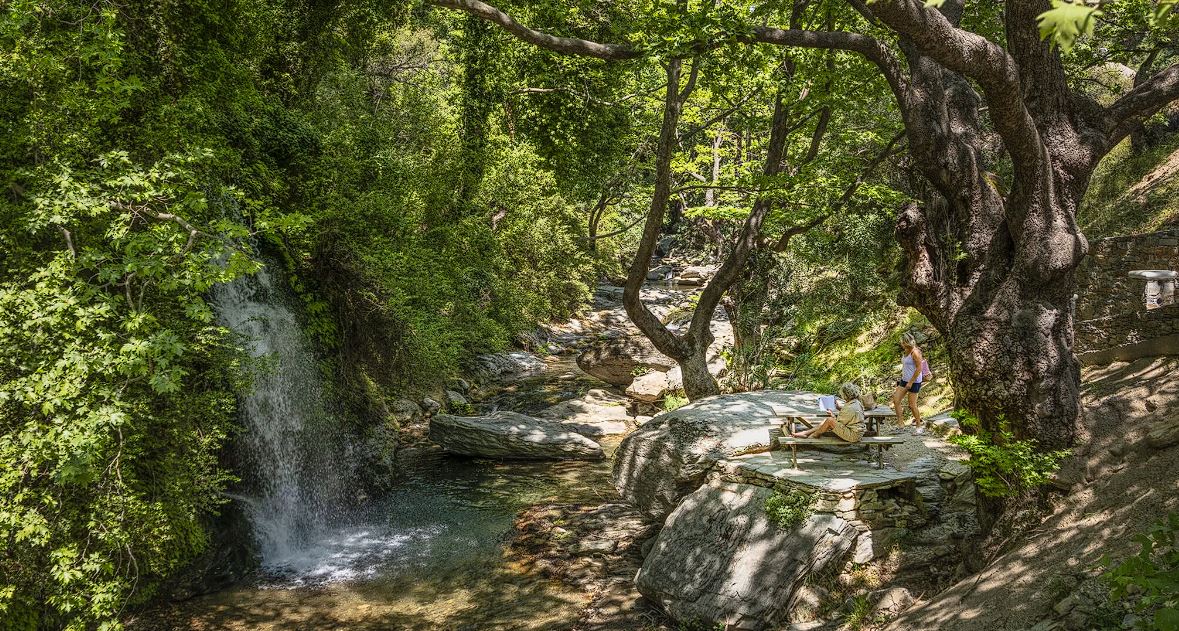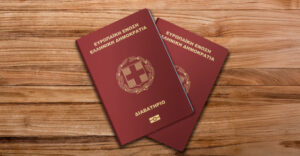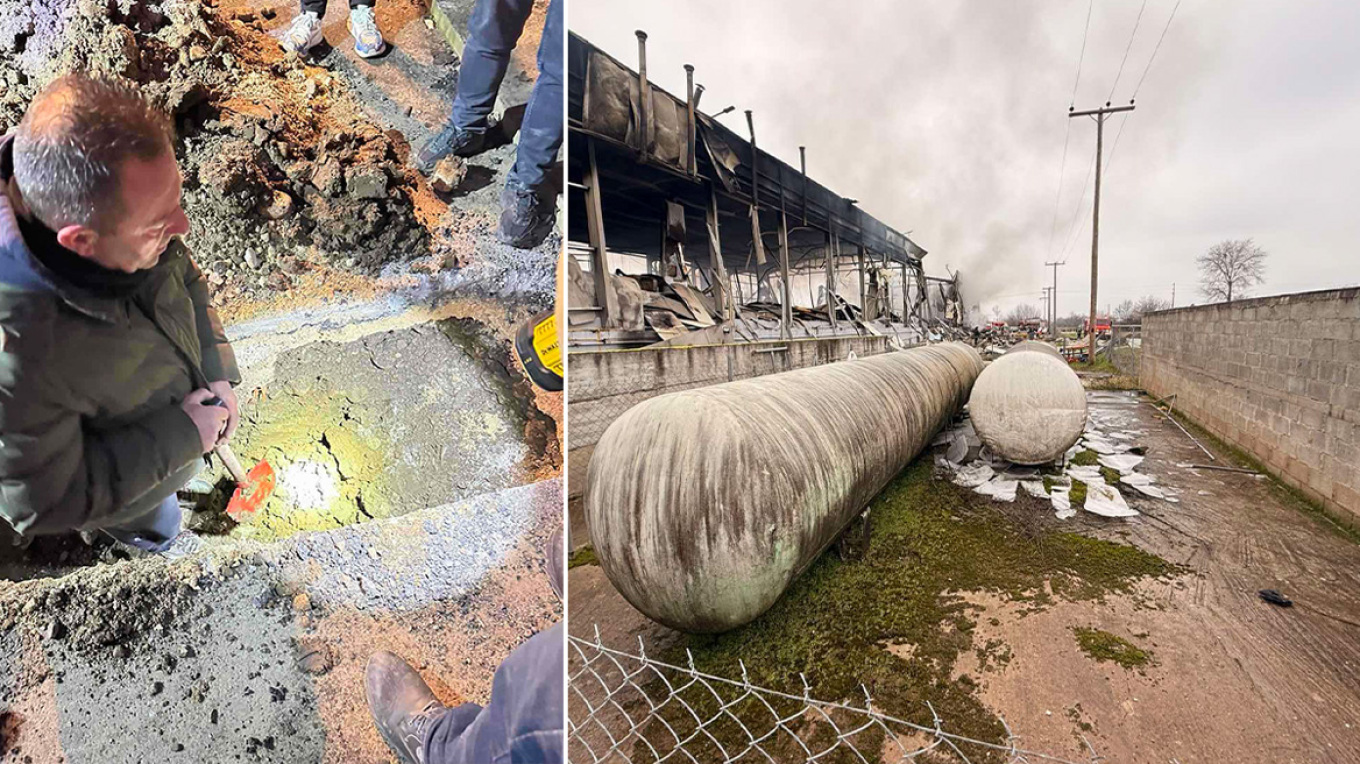Evia is the second-largest island in Greece and the sixth-largest in the Mediterranean Sea. Its name was given by Homer because of the fertile soil on the island, which is also ideal for livestock. Evia is famed for its contrasting and varied landscapes and coastlines and is thought to have been inhabited since Palaeolithic times. Maria Skarli, a practicing botanist-aromatherapist and a native of Evia, describes the
island as a “small Greece” because it combines so many different elements seen around the country. Cycladic-style beaches, rocks reminiscent of Meteora, mountains with waters like those in Northern Greece, small valleys and steep cliffs like those found in Crete and around the Aegean Sea. And finally, the varying microclimates that different types of herbs grow in.
Cistus, the Plant that Caused the Gods to Argue
The first herb we’ll focus on is Cistus (Cistus Incanus and Kistos in modern Greek). When it comes to ailments of the human body, it is the first herb Maria turns to treat a range of conditions, because it can act on so many different systems. The herb is high in polyphenols, which in a sense, gives it the ability to transform itself – depending on the herb it’s combined with – thus intensifying in its action. For example, as Maria explains, if she wants extra vitamins, she combines it with dog rose (Rosa Canina); for a stomach or liver ailment, with dandelion (Taraxacum officinale), and for the lungs she mixes it with false yellowhead (Inula Viscosa or Dittrichia viscosa). It is also excellent for external use.
more at travel.gr
also read
EU proposes special court for Russian war crimes in Ukraine
Photo credit: Periklis Merakos
Ask me anything
Explore related questions





